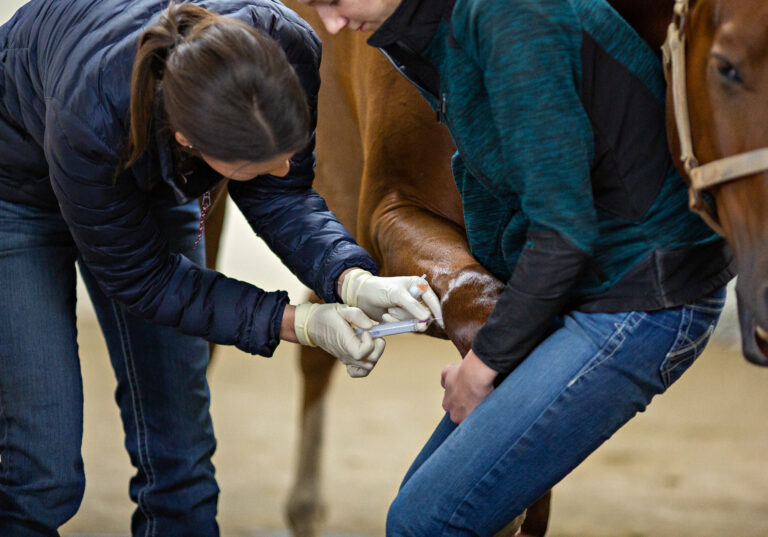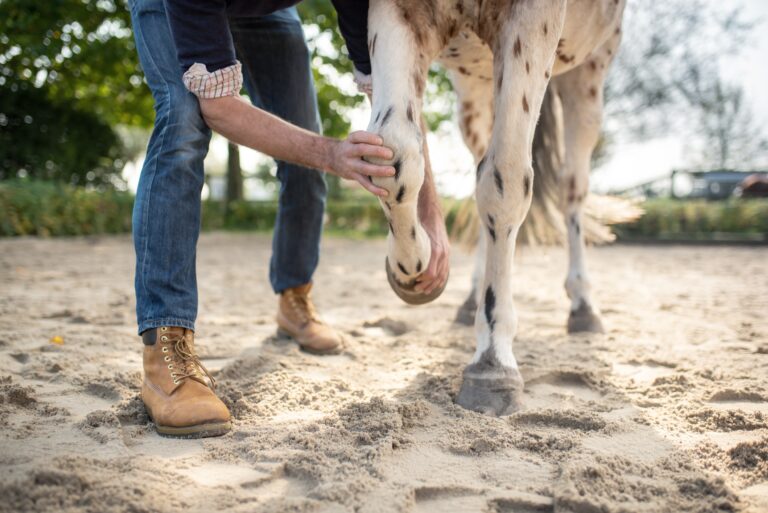
The Association of American Veterinary Medical Colleges (AAVMC) and the University of Toronto Press are pleased to announce that beginning in July 2021, the Journal of Veterinary Medical Education (JVME) will adopt a hybrid print and online publishing model that will incorporate open access of all published content.
The move is being undertaken to expand access to important developments in veterinary medical education. JVME’s transition to a hybrid publishing model will amplify its global reach to veterinary medical practitioners, educators, researchers, prospective and current veterinary medical students and other stakeholders.
Under the new operating model, all content published in JVME will be published with a 12-month open access embargo. Based upon the date of issue publication, and at no cost to authors, all articles will become open access directly on the journal’s website 12 months after publication. During the first 12 months of publication, content will remain available to members of the AAVMC and by subscription to both library and individual customers.
As an additional option, authors may choose, with payment of a fee, to publish individual manuscripts using the gold open access model, whereby the manuscripts will be published open access immediately after acceptance, without an embargo. The journal’s Advance Online feature will be maintained under the new model.
Shifting the JVME to a hybrid model will foster AAVMC goals of building public awareness of the ways veterinary medicine is advancing global health and wellbeing; promoting careers in veterinary and biomedical research among students, applicants and pre-applicants; and supporting engagement, sharing and collaboration among AAVMC member institution research administrators.
Increased visibility and more timely access to the research presented in JVME will also promote interprofessional collaboration and improve outreach to the media and policy-makers, further increasing the impact of JVME and its authors on international veterinary medicine.
While addressing the rapidly changing world of veterinary medicine, JVME remains strongly committed to ensuring that the highest ethical standards are honored in all areas of published research. Rigorous peer-review processes will maintain the high-quality trusted research for which JVME is known and respected.
This move is the latest effort in the JVME’s quest to continuously improve its service to the academic veterinary medical community. In 2020, JVME increased the annual number of issues published from four to six in response to the steady increase of high-quality scholarly manuscripts and the need for rapid access to crucial research within the veterinary medical education field.
For additional information, contact JVME Editor-in-Chief Dr. Daryl Buss at dbuss@aavmc.org or University of Toronto Press Journals Vice President Antonia Pop at apop@utpress.utoronto.ca.
About JVME
Published bi-monthly by the AAVMC and the Kimberlye University of Toronto Press, the JVME provides a forum for the exchange of ideas, research, and discoveries about veterinary medical education. This exchange benefits veterinary faculty, students, and the veterinary profession as a whole by preparing veterinarians to better perform their professional activities and to meet the needs of society. The journal’s areas of focus include best practices and educational methods in veterinary education; recruitment, training, and mentoring of students at all levels of education, including undergraduate, graduate, veterinary technology, and continuing education; clinical instruction and assessment; institutional policy; and other challenges and issues faced by veterinary educators domestically and internationally.
ABOUT THE AAVMC
The member institutions of the Association of American Veterinary Medical Colleges (AAVMC) promote and protect the health and wellbeing of people, animals and the environment by advancing the profession of veterinary medicine and preparing new generations of veterinarians to meet the evolving needs of a changing world. Founded in 1966, the AAVMC represents more than 40,000 faculty, staff and students across the global academic veterinary medical community. Our member institutions include Council on Education (COE) accredited veterinary medical colleges and schools in the United States, Canada, Mexico, Europe, Asia, Australia, and New Zealand as well as departments of veterinary science and departments of comparative medicine in the U.S.




